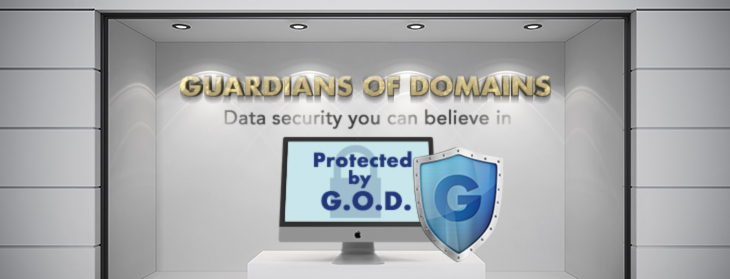
Did God create the Internet?
Posted On June 13, 2018
It’s an intriguing question, and one that our guest this week on “What’s Working with Cam Marston,” Scott Klososky, examines in a book by the same title. As a technologist, Klososky is concerned with what technology is doing to us, whether its benefits to society outweigh its drawbacks, and whether we are concerning ourselves with its consequences as we should.
He shares his thoughts on these topics with us, but he also delves into a technological topic that should be a lot more immediate to business owners – cybersecurity.
It’s not just rogue hackers attacking governmental entities and corporations anymore. Cybercrime is now organized – Klososky calls it “Mafia 2.0” – and anyone can be a target. For every major data breach, he says, there’s a thousand smaller companies that get scammed. And for the most part, they’re easy marks.
Klososky shares some of the more prevalent scams, from the CEO wiring scheme that targets accounting departments while a CEO is on vacation to password reset scams that can target any of us. Most of us already know what fishing is – scammers casting a wide net in search of a few victims – but Klososky shares how they’re now using more sophisticated attacks against specific targets, called spearfishing, that can be more difficult to detect until it’s too late.
How do we defend ourselves? Frequently changing passwords is a sensible first step. While that’s inconvenient, it need not be as frustrating as we typically believe it to be. Klososky shares some tips on how to make changing, and remembering, your passwords less daunting.
What about business owners? How do they protect their companies? Klososky says it’s important that they educate their employees on how to avoid getting scammed, as they are the “human firewall” that can be most easily compromised if not on guard.
In a wide-ranging discussion, we also look at artificial intelligence and what effect it may have on the jobs of the future, and the balance between security and privacy in the digital age. “I suspect in the future we’re going to have much less privacy and we’ll have more convenience and more safety,” Klososky says. “What we think of today as what’s appropriate will be out the window tomorrow.”
Join us for an informative, sometimes hysterical, sometimes shocking, sometimes frightening discussion.